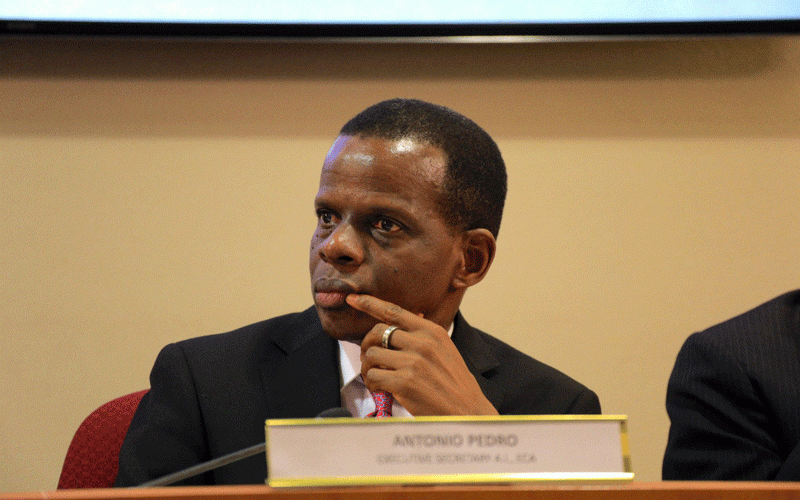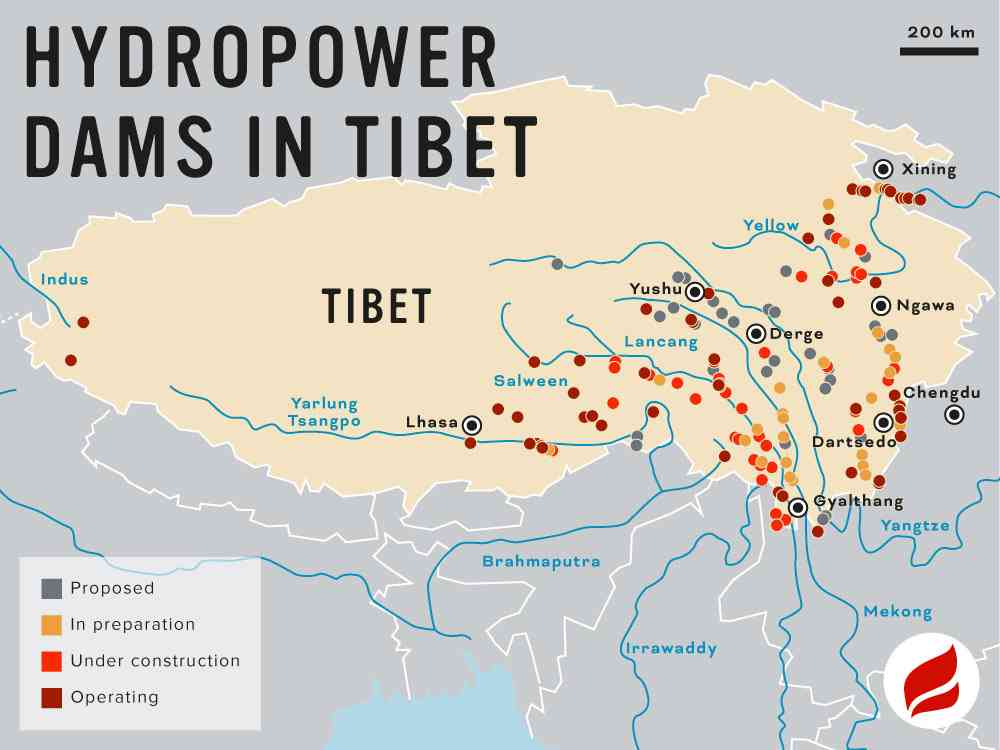
Antonio Pedro, the acting Executive Secretary of the Economic Commission for Africa (ECA), has challenged African countries to invest in industrial skills critical for driving Africa’s industrial growth and economic development.
Addressing the 6th High Level event on the Third Industrial Development Decade for Africa (IDDA III) held on the sidelines of the 78th United Nations General Assembly last week, Pedro lamented the continent’s “serious shortage of industrial skills and professional capacity needed to achieve sustainable development”.
“Tackling the skills shortage challenge in Africa requires investing in education and technical and vocational training programs tailored to the needs of the industrial sector to harness the continent’s abundant natural resources and labour force more effectively; skills development does not happen in a vacuum” he stressed.
The SDG-9 on industry, innovation and infrastructure is key for achieving the twin 2030 Agenda and the African Union’s Agenda 2063.
Held under the theme, Positioning Africa’s industrial skills development, deployment and Retention: Accelerating Manufacturing, the event was organised by the African Union Commission, UNIDO and the ECA, the event was aimed at taking stock of the progress made on the IDDA III and the Accelerated Industrialisation Development for Africa. Key collaborators involved in the event included the International Labour Organisation, Afreximbank, the Africa Capacity Building Foundation, the African Business Council, and The Tony Elumelu Foundation.
The High-Level event was an opportunity for stakeholders on Africa’s industrialization to exchange ideas on how best to position industrial skills development for the acceleration of Africa’s manufacturing, in critical, value-adding sectors. Besides, the participants discussed ideas to effectively upscale, deploy and retain Africa’s labour force using best international labour practices.
Knowing and addressing the skills gap in Africa
“While the skills shortage and the importance of prioritizing skills development in Africa is widely acknowledged, hard data on the topic is limited”, said Mr. Pedro, adding that, “This needs to be addressed starting with the undertaking of skills gap assessments at the macro and sectoral level.”
- Invest in skills to propel industrialisation in Africa: Pedro
- A vote of confidence
- ECA helps Zim recalibrate industrial policies
Keep Reading
He added that limited funding of Technical and Vocational Education Training and Higher Education by African governments and Development Partners remains a challenge and called for better consultations between governments, businesses and educational institutions to improve the outcomes of resource allocation to skills development.
According to Pedro, Africa can build on existing initiatives and scale them up to trigger transformational change. As an example, the ECA recently signed a five-year collaboration agreement with the University of Johannesburg to develop an 18-month Master of Philosophy in Industrial Policy programme.
The programme aims to build human resource capacity in specialised industrial policy on the continent and to equip its students with the ability to support African governments in prioritising and developing industrial policy in national development plans and long-term national visions.
“For the continent to create a comprehensive and adaptive skills pool, certain prerequisites, such as improved budget allocation for education and targeted technical training, as well as ensuring an enabling policy environment, need to be prioritised,” Pedro said.
Capacity substitution through technical assistance and use of external contractors, service providers, and other forms of capacity acquisition allows industrial skills to be mobilised quickly for project start-ups.
“It is vital that African countries take steps to transfer essential skills that are critical for strategic sectors,” he said, urging for the implementation of strategies and practical measures to safeguard and retain essential indigenous skills.
“The prosperity of a country depends on a productive labour force, which in turn rests on the skills they have and the effectiveness with which they deploy them,” he said.
Pedro recommended that African countries should integrate the rich talent, creativity, and entrepreneurship into the formal economy. At the same time countries must provide mentorship, training, and technical assistance to enable those in the informal sector to contribute to the formal skills pool, he said.











